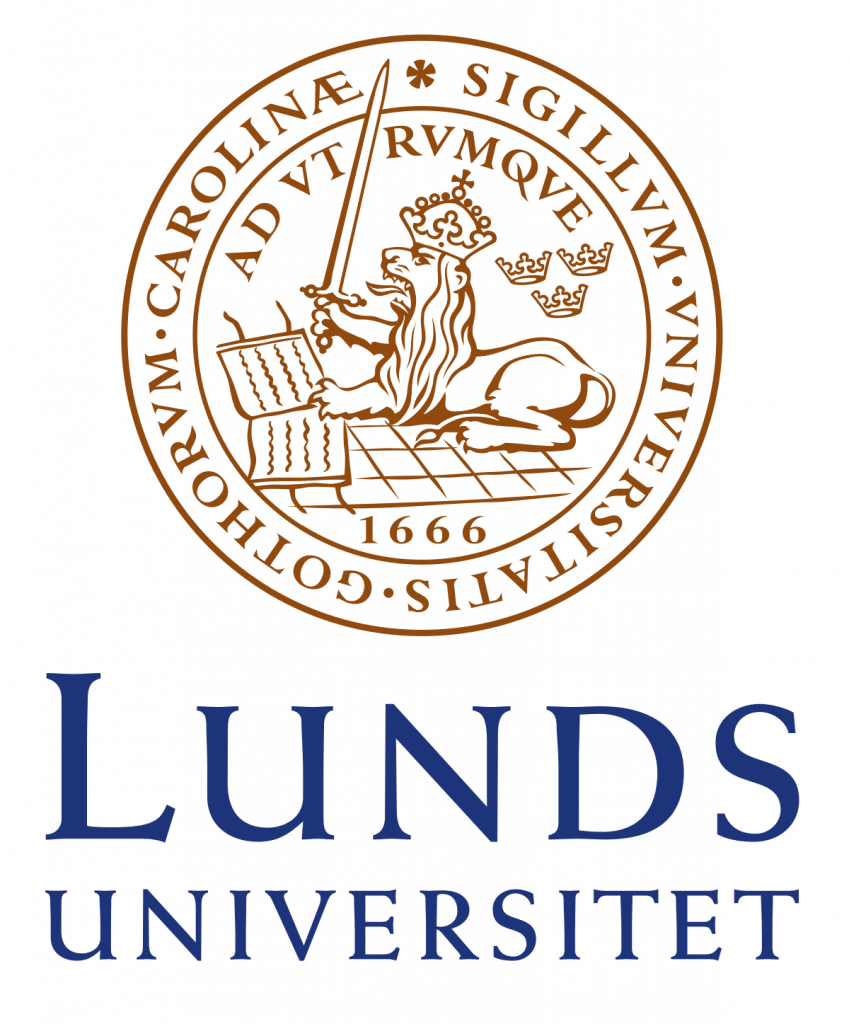The guest lecture at Lund University focused on the transformative role of AI and machine learning in drug discovery, with a particular emphasis on the AlphaFold model. The lecture began by discussing the importance of AI and machine learning in the drug discovery and development process, highlighting how these technologies are revolutionizing the field by enabling more efficient and accurate predictions of molecular structures and interactions.
AlphaFold, an advanced AI model developed by DeepMind. The model’s capabilities were demonstrated, showing how AlphaFold has dramatically improved the accuracy of protein structure predictions, which is crucial for understanding biological processes and developing new drugs. The impact of AlphaFold on accelerating drug discovery was emphasized, as it provides high-quality structural data that can be used to identify potential drug targets and design effective therapies.
The broader implications of AI and machine learning in the pharmaceutical industry were also discussed, including their potential to reduce the time and cost associated with drug development. Examples of successful AI-driven projects were shared, encouraging students to explore the possibilities of these technologies in their future careers.
Overall, the lecture provided valuable insights into the cutting-edge applications of AI and machine learning in drug discovery, inspiring the next generation of researchers and professionals in the field.


